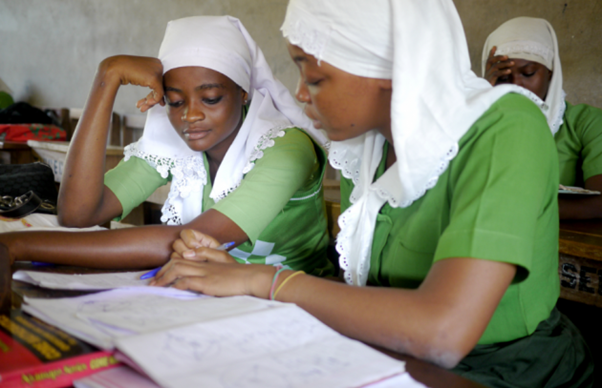
This webinar series marks the release of the IIEP-UNESCO publications on the Use of Learning Assessment Data in the Education Planning Cycle. It aims to share findings from the studies, shedding light on the main obstacles encountered by educational planners in sub-Saharan Africa when using learning assessment data, and lessons learnt on how to improve their use. The series will hear from researchers from the participating countries, the IIEP research team as well as international partners involved in the support of learning assessment systems.
How will it work?
- This three-part series will take place during the month of March 2021 (March 16, 23, 30). 3:00 – 4:30 CET (30th CEST)
- Each session will include a selection of interactive presentations from the IIEP team as well as national and international experts, followed by a Q&A session with the audience.
- The webinars will be supported by an online discussion forum, which will allow participants to exchange and discuss prior to and proceeding each live webinar session. Complementary resources will be shared with participants before each session.
- The webinars will be held in both French and English with simultaneous interpretation in the other language.
- Recordings of the webinars will be made available through the IIEP Learning Portal.
REGISTER HERE FOR ANY OF THE THREE IN THE SERIES
Planning of the series
March 16 – Webinar 1: Use of learning data in the education planning cycle: modalities and obstacles
This first webinar will introduce the research. It will look at new evidence on the use of learning data in each of the education planning cycle phases (i.e. education sector analysis, education sector plan preparation, its implementation and monitoring and evaluation) and explore the main obstacles and enabling factors for the use of these data in the cycle. The webinar will examine issues related to the quality of assessment reports, data dissemination and capacity development bringing new angles of analysis to the existing body of knowledge. The following questions will therefore feature in the webinar:
- How do countries in sub-Saharan Africa use assessment results to plan education systems?
- What impedes the effective use of assessment data?
- What new aspects should be considered when examining the role of dissemination and capacity development in the use of student test results?
March 23 – Webinar 2: Assessment policies and institutional settings for the use of learning assessment data
The second webinar will delve into examples of existing assessment policies, their strengths, and conditions for their successful implementation. It will also discuss the importance of the institutionalization of assessment systems exploring different institutional settings together with their strengths and weaknesses. It will touch upon the issue of coherence among policies related to assessments, curriculum, teacher training and education management information systems (EMIS). The following questions will guide the discussion:
- What role do assessment policies play in the management of learning assessment data?
- What elements should be considered in the policy and how to ensure its effective implementation?
- What institutional settings exist for the units in charge of the management of learning data and what implications do they have for the use of learning data?
March 30 – Webinar 3: Exploring actors’ interactions and the use of learning data
The third webinar will look into the role of international partners in the development and support of learning assessment systems and the national ownership of learning data. It will also explore the dynamics among central level units involved in the production and use of learning data and their interactions with the decentralized level. This webinar will examine the feedback loop linked to student results from the central level to schools. It will conclude the series with the ways forward. The following questions will be addressed:
- How did the support of international partners influence the development of assessment systems and what effect this has on the current use of learning data?
- How do dynamics among national actors involved in the management of assessment data influence their use?
- How to improve a feedback loop of assessment results throughout the education system?




